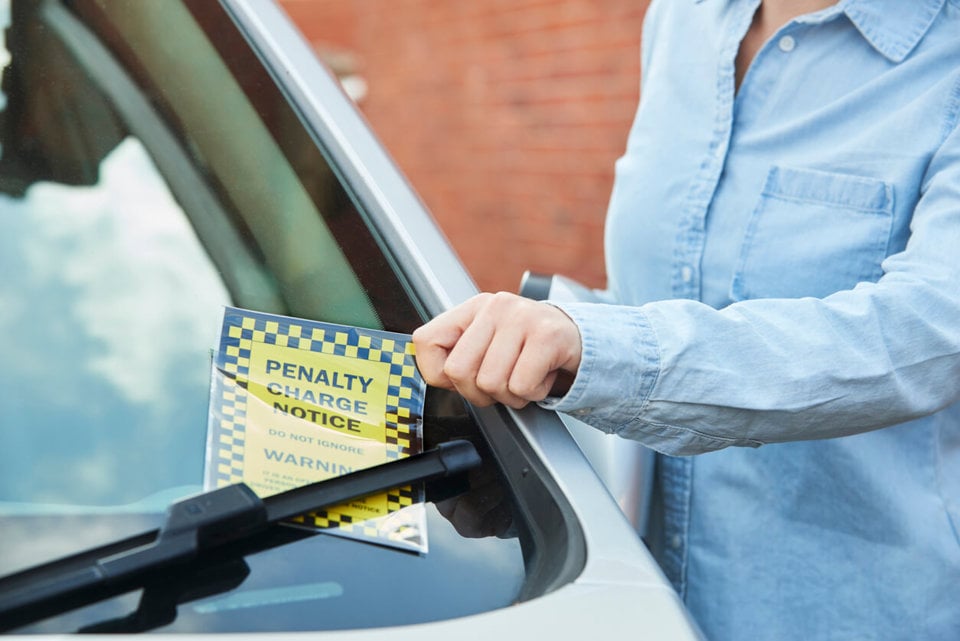UK motorists fully support a code of practice for private parking companies, according to research from the RAC.
It says that 81% of drivers believe private parking companies have a bad reputation and 93% of the 1,429 participants surveyed think a bill aimed at tackling the issue, which will be discussed in parliament tomorrow, is a good idea.
The bill has gained public support from fleet companies such as Nexus, and Government ministers who want to see private companies face tough codes of practice.
The top reason cited by motorists for this poor reputation is that the level of fines, or parking charge notices as they are properly known, is disproportionate to the contravention with 84% claiming this to be the case.
Citing difficult to read parking signs, 72% felt information was hard to read or hidden, while 69% believed the fees are too high. In addition, nearly two-thirds stated that the companies operate aggressive debt collection policies.
Asked what they would most like to see the bill deliver, 81% of motorists cited a national standard on signs outlining parking rates and consequences of breaking the rules.
The second for 78% was a parking regulator that enforces a code of practice, while 74% want fines or parking charges to be capped.
Finally, 72% would like to see the introduction of a national system to appeal against parking charge notices, regardless of which operator issues them.
RAC roads policy spokesman Nicholas Lyes said: “The motorists we questioned expressed very strong views about the practices of private parking companies, presumably based on numerous unfortunate experiences.
"It is excellent news that the Government will support Sir Greg Knight’s bill into law.
“The RAC has long campaigned for such a code to be introduced so we are hopeful this will lead to a better experience for everyone who uses car parks run by private parking companies.
“Importantly, this bill will facilitate a set of national guidelines which we hope will make the appeals’ process simpler, tighten access to the DVLA database and bring higher standards to a sector which clearly has a poor reputation among motorists.”
In order to raise consumer confidence the RAC believes the bill must ultimately address the following areas:
Minimum standards of conduct which would include:
- A set of enforcement standards
- Improved conditions for access to the DVLA database
- A ban on ‘shop a motorist’ style practices that incentivise ticketing
- A fair and an effective national appeals’ process
- A ban on so-called ghost ticketing and incentivising ticketing
- Guidance on the size of penalties to ensure that they are proportionate to the amount of time overstayed and subject to an overall cap
- Minimum standards of conduct for private parking companies when attempting to recoup penalty charges, to discourage over-aggressive debt management

















Login to comment
Comments
No comments have been made yet.